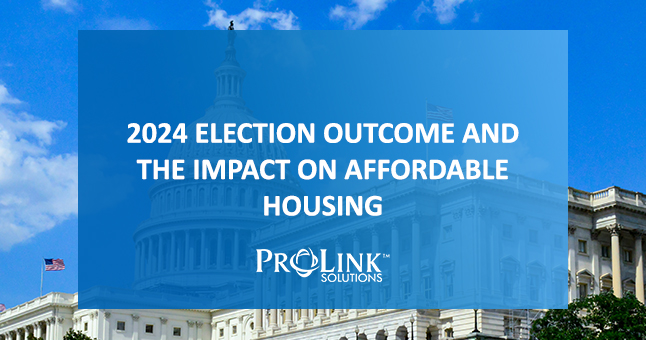The outcome of the 2024 U.S. presidential election will profoundly shape the affordable housing industry due to the contrasting priorities of the leading candidates. With rising home prices, rental costs, and a significant housing supply shortfall, housing affordability remains a key issue. Depending on who wins, the approach to addressing these issues will vary significantly and will influence federal funding, regulatory frameworks, and market incentives.
Democratic Approach (Kamala Harris)
If Kamala Harris and the Democrats win, their policies are expected to prioritize expanding affordable housing through a variety of measures:
- Housing Supply: Harris has pledged to build 3 million new housing units over the next four years, along with expanding the Low-Income Housing Tax Credit (LIHTC) to support affordable housing development. She also proposes a $40 billion fund to help local governments tackle housing shortages by addressing supply constraints and speeding up permitting processes. (RISMedia)
- Homeownership: The Democrats are focusing on supporting first-time homebuyers through measures like a $25,000 down-payment assistance program and a $10,000 tax credit for first-time buyers. (National Association of Home Builders)
- Rental Market Regulation: Harris has proposed a nationwide cap on rent increases at 5% for corporate landlords and aims to ban algorithm-driven rent setting, which many believe leads to inflated rents. (National Mortgage News)
Republican Approach (Donald Trump)
A Republican victory, with Donald Trump and running mate J.D. Vance, would emphasize reducing regulations and encouraging private-sector solutions:
- Regulatory Reductions: Trump has promised to cut what he sees as unnecessary regulations that raise construction costs. His administration would also aim to open portions of federal land for affordable housing development.
- Homeownership: Like Harris, Trump supports homeownership, but through tax incentives and by reducing inflation to lower mortgage rates. His focus is on easing market pressures by rolling back government interventions. (National Association of Home Builders)
- Immigration and Housing Costs: Vance has argued that immigration policies have worsened housing affordability by increasing demand for homes in lower-income neighborhoods, making homeownership more difficult for U.S. citizens. (RISMedia)
If Democrats win, we could see a large-scale investment in new affordable housing units, increased support for first-time homebuyers, and stricter regulations on corporate landlords. These efforts would likely help lower housing costs and expand access to affordable housing. However, if Republicans win, the focus would likely shift toward deregulation, reducing federal involvement, and fostering private-sector solutions to increase housing supply. While this may lower costs for developers, it may not directly address affordability for low- and middle-income families as effectively.
Jennifer Schwartz, Director of Tax and Housing Advocacy at the National Council of State Housing Agencies (NCSHA), will be giving a keynote presentation during our annual virtual user conference, ProLink Technology Live 2024, next Monday at 11 a.m. EST. She will be addressing this matter as well and may have differing opinions on what we have provided above. If you would like to learn more and register for our conference, you can click here.


